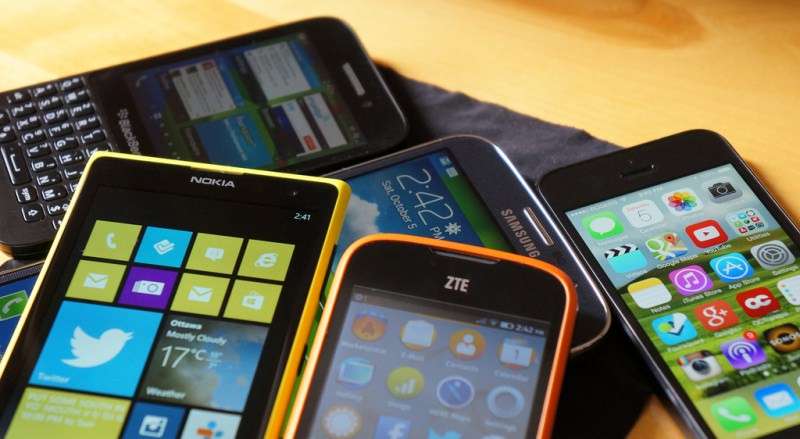Want Citizens' Private Electronic Data in California? Get a Warrant, Officer.
Governor signs bill requiring court orders for accessing things like texts and tracking location data.


A victory for privacy advocates in California: Gov. Jerry Brown has signed the California Electronic Communications Privacy Act. This legislation actually does what the title says. It requires law enforcement in California to get a warrant or court order to access private personal electronic data in the hands of the citizenry. It's a pretty broadly written bill. From Ars Technica:
Notably, the law specifically says that the government is forbidden from "accessing electronic device information by means of physical interaction or electronic communication with the device," barring a short list of exceptions. …
Brian Owsley, a law professor at the University of North Texas, and a former federal judge, lauded the new law's wide berth.
"This legislation provides citizens and non-citizens alike when in California greater protections than they enjoy at the federal or in most other states," he told Ars by e-mail.
"My initial read of the statute is such that it has a broad scope of coverage, which is beneficial in that it does not apply to specific technologies. In the future, as technological developments happen, the statute will have some flexibility in changing with the times. This obviates the need to come back next year and amend the statute, which may or may not be as politically feasible regarding a specific new technology."
The law does include requiring court orders to use stingray devices, tools law enforcement agencies have been using, often secretly, to track location data of smart phones in real time. The American Civil Liberties Union in California is thrilled:
"Governor Brown just signed a law that says 'no' to warrantless government snooping in our digital information. This is a landmark win for digital privacy and all Californians," said Nicole Ozer, Technology & Civil Liberties Policy Director at the ACLU of California. "We hope this is a model for the rest of the nation in protecting our digital privacy rights."


Show Comments (15)